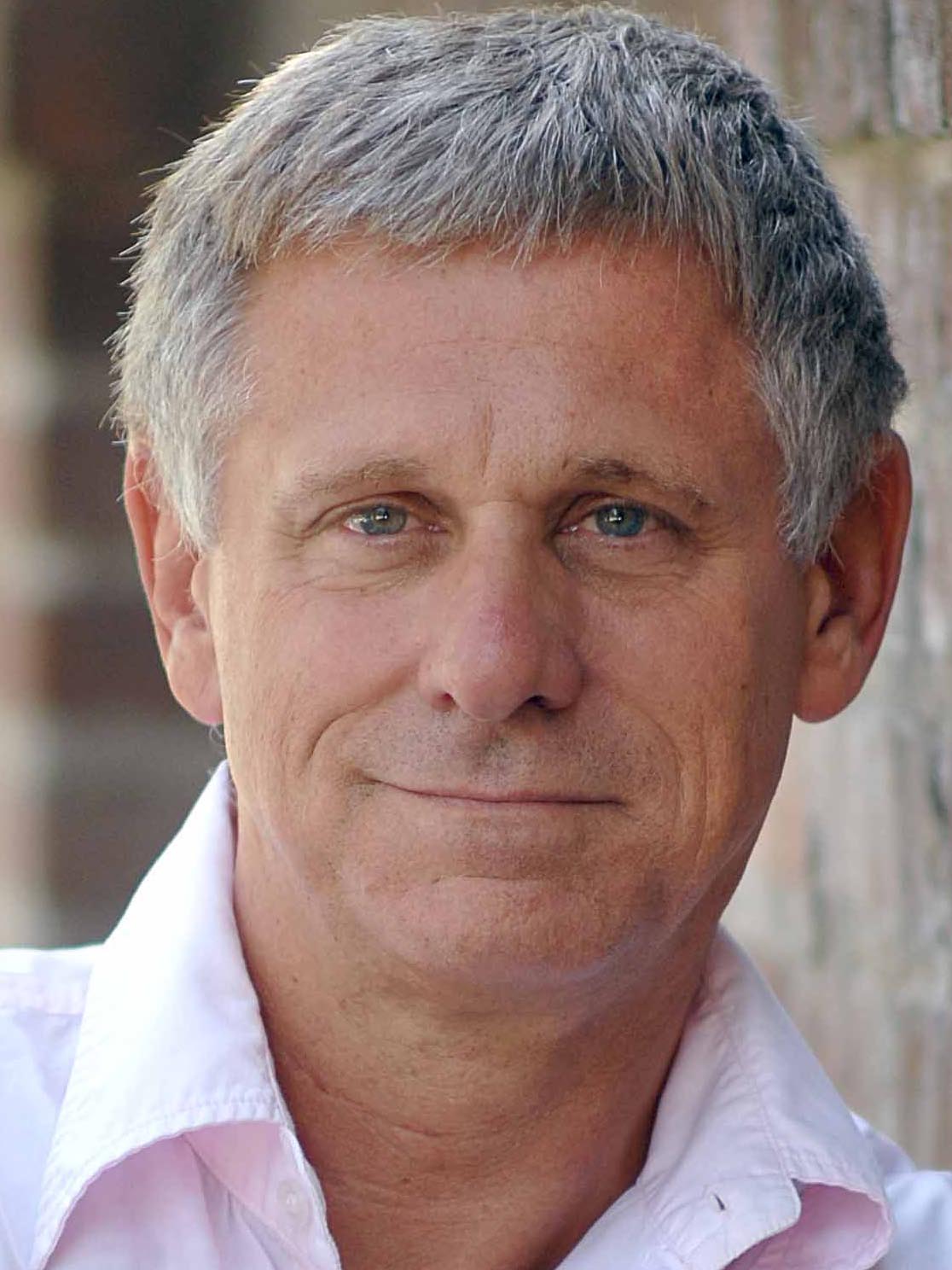June 29, 2012
Entrepreneurs disrupt health care model
 Upstart entrepreneurs are upending the business model for health care, and this morning’s Supreme Court ruling upholding the heart of the reform law won’t change that.
Upstart entrepreneurs are upending the business model for health care, and this morning’s Supreme Court ruling upholding the heart of the reform law won’t change that.
Innovative business leaders are exploring the edges of how health care is delivered, records are kept, and doctors are vetted. The ruling is just one factor in the overall health care changes they’re seeing and pioneering.
Before the surprise ruling came down, one such company announced it had raised $34 million.Practice Fusion, which helps providers keep electronic medical records, had the VC haul.
Lauren Fifield of that San Francisco startupwrote in a blog post.
Other entrepreneurs told me they were watching the court closely, but the justices’ call–as important as it is–wasn’t a make-or-break one for them.
Matt Jacobson, the chief executive of SignatureMD in Santa Monica, California, said the biggest driver for his company is demographic. Signature is one of a new wave of providers of so-called concierge medicine, in which patients pay a flat fee up front to take care of their primary medical needs.
Jacobson said the most important trend driving people to use services like his is the mass retirement of Baby Boomer doctors and growth of the patient population.
“Those are much more compelling factors for our business,” he said. The fact that more than 30 million people who haven’t had health insurance in the past now could bring Signature some more patients. But the biggest driver is the aging population.
Vitals, based in Lyndhurst, New Jersey, provides intelligence on doctors and other health care providers to potential patients and other doctors. He said the need for that information is acute, regardless of the overall health care system.
But, as with Jacobson and Signature, the decision to uphold health care reform at least marginally drives business.
“The individual mandate is essentially a demand creator,” he said. For him, that means more people will be looking for information about health care providers–a good thing for his business.
But even without that, he said, his business has been doubling year over year.
“We’re in the business of helping people become more intelligent about their health care choices,” Rothschild said. “We’re in a good space. It’s an area of such great ignorance in the world.”
Nothing that happened this morning changes that.


